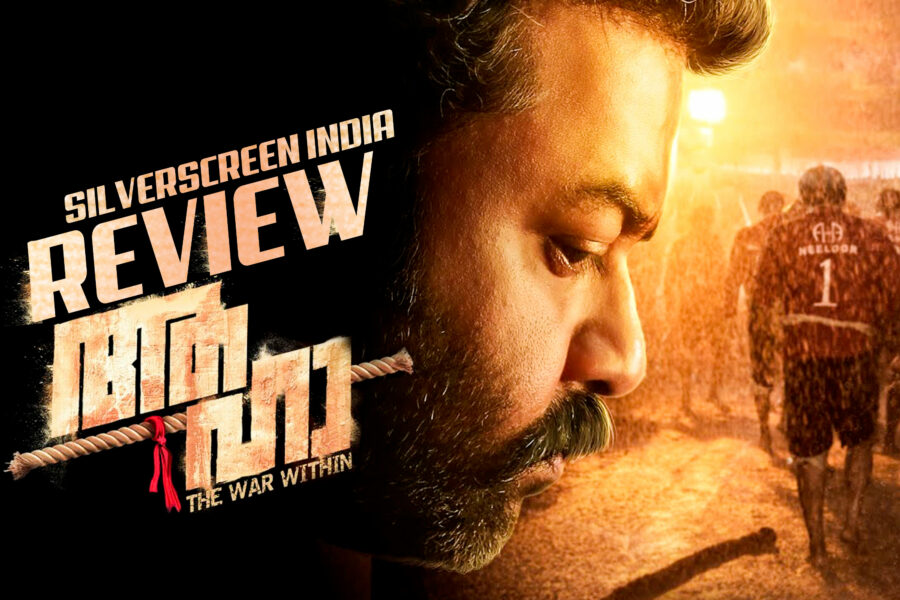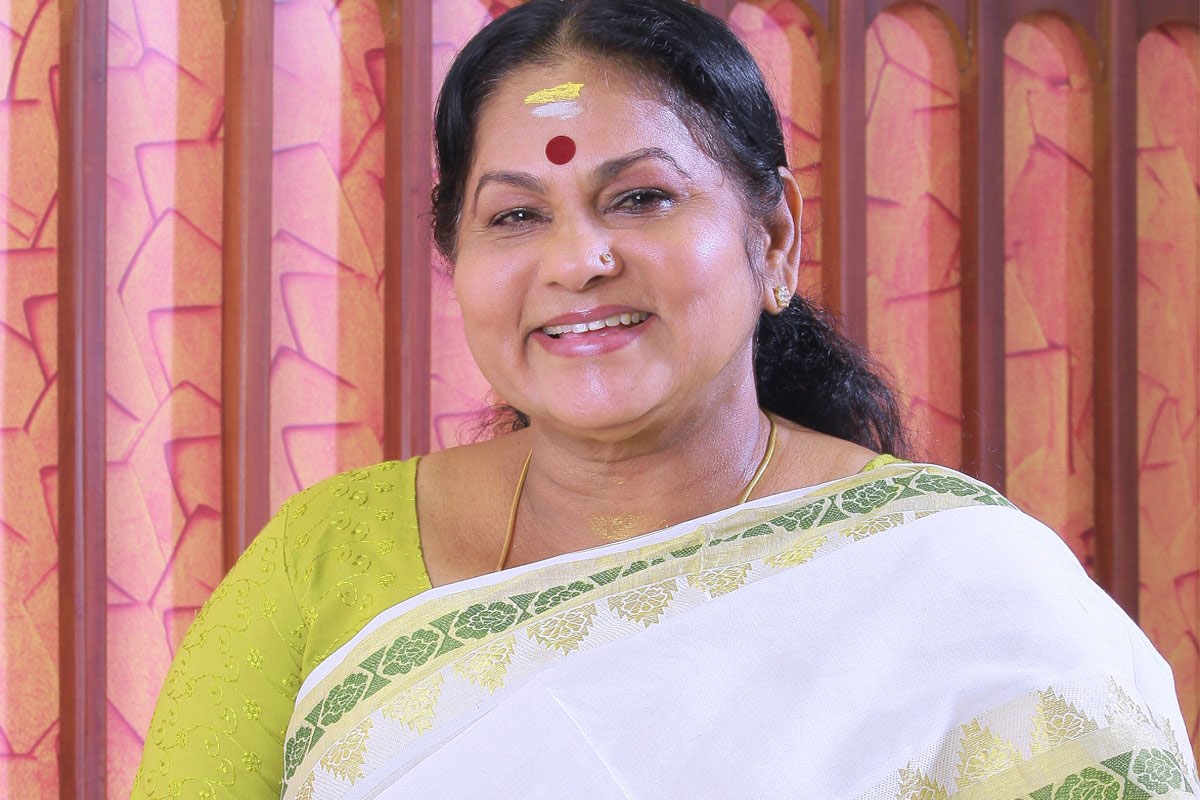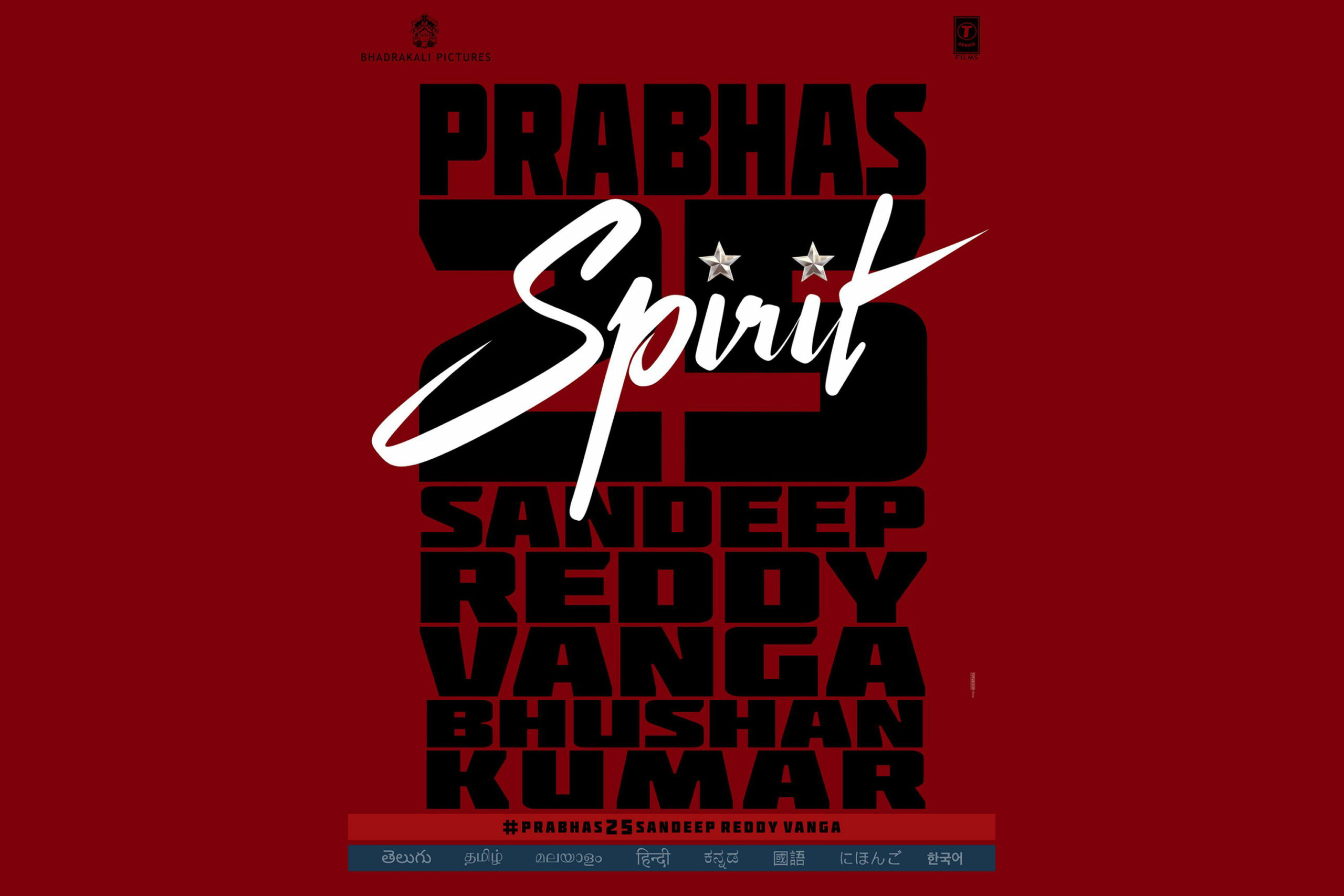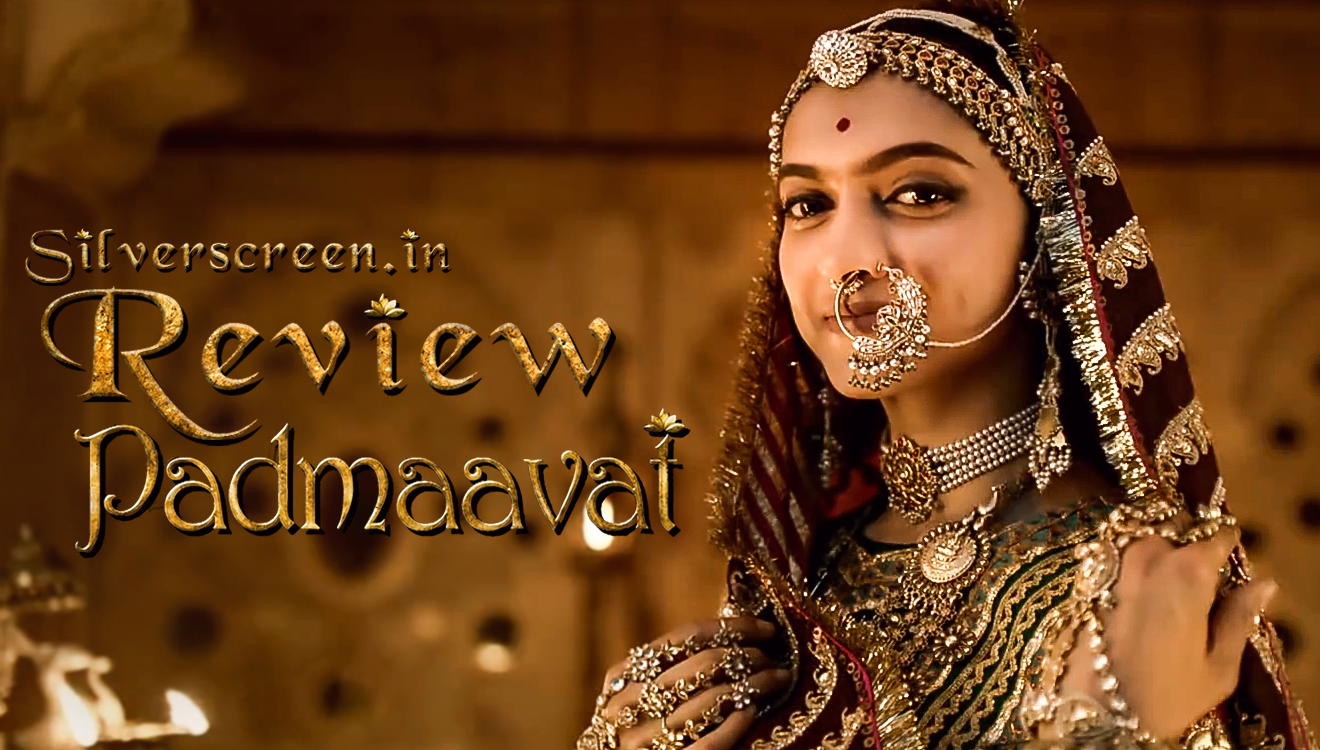The tug-of-war is by nature a rural sport, not as widely appreciated and practised as cricket or football. A social glue that brings together the members of a community. In Bibin Paul Samuel’s Aaha, men in a mountain small-town in Kottayam drown in this sport their existential dread and their resentment about the exclusion they face in society.
Despite the many rough edges, Aaha manages to strike a delicate balance in its narrative that most sports dramas miss. The sportsmen who hail from marginalised communities use their bodies to get back at the world, to gain that elusive self-esteem and social status. At the centre of the film is a tug-of-war team, Aaha Neeloor, which rose to invincibility in the 80s, and vanished from the scene fifteen years later. Alongside scenes of domestic melodrama, the film showcases dramatic visuals of the sports team getting ready for the matches. Led by Geevarghese Aashaan (a fantastic Manoj K Jayan), the revered teacher, the athletes chase wild boars in the forest and sprint through rocky mountain paths. They are barefooted, dressed in lungi, with a thorthu ﹣a humble cotton bath towel ﹣tied around their forehead. During the training sessions, the master screams into their ears their deepest fears and traumas. “Do you want to remain an outcast, humiliated by everyone?!? The men pull the rope harder, as though their life is hanging by it.
The narrative moves through two timelines. In the first one set in the 90s, the Aaha team is in its glorious days, under the mentorship of Geevarghese, revered across the region. The scene of the sporting event at the beginning of the film is mounted on a grand scale, topped with an impressive background score. Despite its predictability, it is thoroughly enjoyable, thanks to the film’s emphasis on the techniques of the game. In the second timeline set twenty years down the line, the team has vanished from the town’s memory. When Ani (Amit Chakkalakkal), the young scion of a wealthy Christian family, starts looking for a coach to mentor his new tug-of-war team, Aaha reemerges in the narrative.
The return of the disgraced who goes on to reclaim his place in the world isn’t a novel theme in mainstream cinema. In Ahaa, Bibin Paul gets the nuances and the social context right, without making a fuss. Although the film doesn’t give a convincing reason as to why Ani chooses tug-of-war as his redemption device or how it ended between Kochu (Indrajith), the disgraced member of the erstwhile Aaha team and Geevarghese, there are quite a few beautiful touches that make up for these loose ends. The inward and outwards journeys the characters make are well etched out. There is a subtle layer of humour too that arises from the everyday interactions of the small-towners. The cinematography isn’t flashy, but sensitively rugged.
Indrajith barely passes off as a seasoned mason. But he perfectly fits as the brooding coach who gradually finds a purpose in life. Kochu, as the new coach, chooses Binayak, an immigrant worker from Eastern India, for the front-end position, causing unrest among the team members. Kochu doesn’t make a speech about inclusiveness and sportsmanship to dispel dissent because he is not used to talking about his feelings. Binayak’s acceptance into the fold happens organically. The young men hug, weep a little and patch up the problems. It is a familiar moment, yet thoroughly enjoyable, thanks to the restrain in its staging. The characters, including a passing one such as an NRI man (Siddhartha Siva), who offers to sponsor the Aaha team, are written thoughtfully. The son of a butcher, he hopes the association with the erstwhile team would improve his social standing. Despite the clownish introduction scene, he is not reduced into a caricature. He leaves the narrative with dignity.
Recommended
The film unfolds in an exclusively male universe. Women, the causes of the woes, are invisible. Kochu left Aaha team on the night of a landslide when a mountain swallowed his house and his wife Mary (Santhy Balachandran). Two decades later, Ani tells Kochu, “I understand what you went through, sir. I am in a similar place.” It is a counter-intuitively funny moment because the film, although momentarily, equates the emasculation that Ani underwent when his wife left him for another man, to the years of material and emotional hardships people like Kochu face. But in the film, men are united by their problems. In the end, the camera highlights the faces of the dads who never believed in their sons. The ever-supportive mothers and sisters remain in the sideline. The coach asks the sportsmen to direct their anger into the game instead of spilling it elsewhere. The women who rejected them are cursed and mocked, and at one time, generously forgiven, but never does the film make a query into their existence in this male-centric turf. “I loved her more than you did,” says a character to another, about a woman who hardly has three lines of dialogue in the film, who caused the film’s primary rivalry. Whom did she love, no one will ever know.
*****
This Aaha review is a Silverscreen original article. It was not paid for or commissioned by anyone associated with the movie. Silverscreen.in and its writers do not have any commercial relationship with movies that are reviewed on the site.



